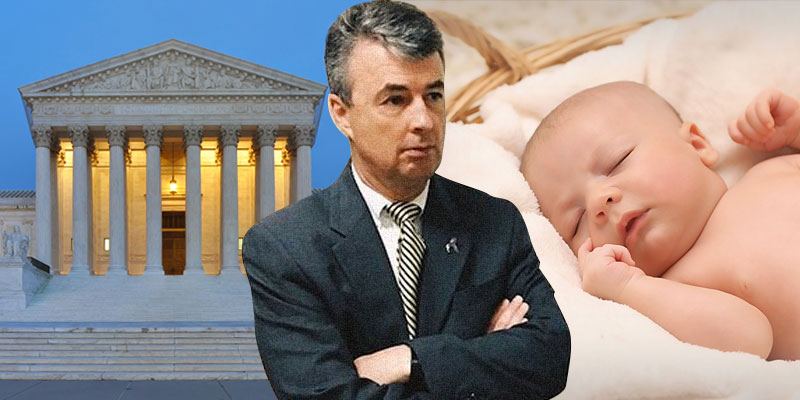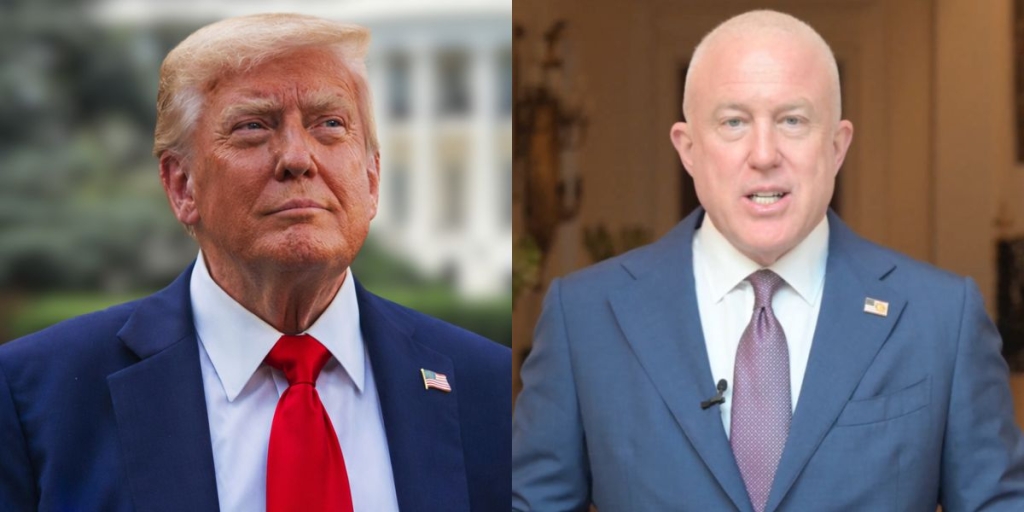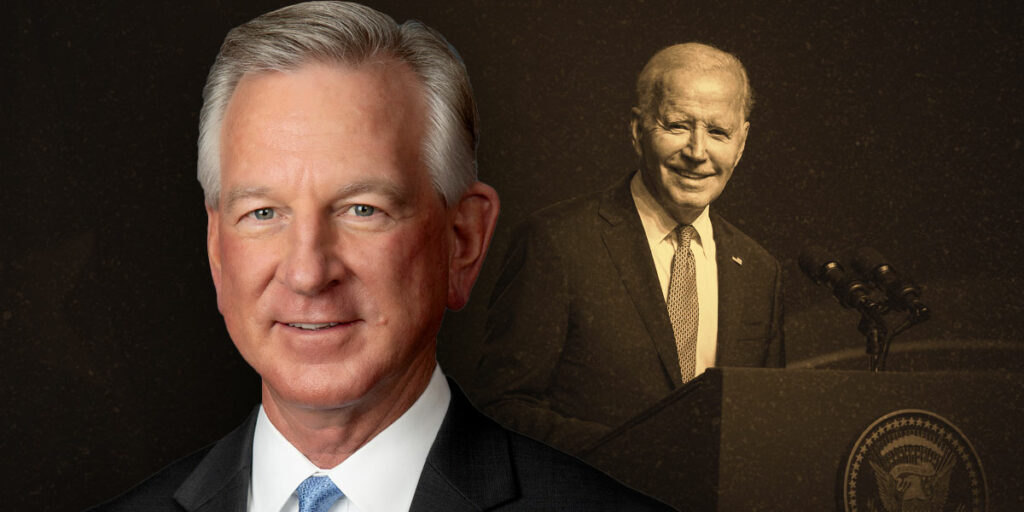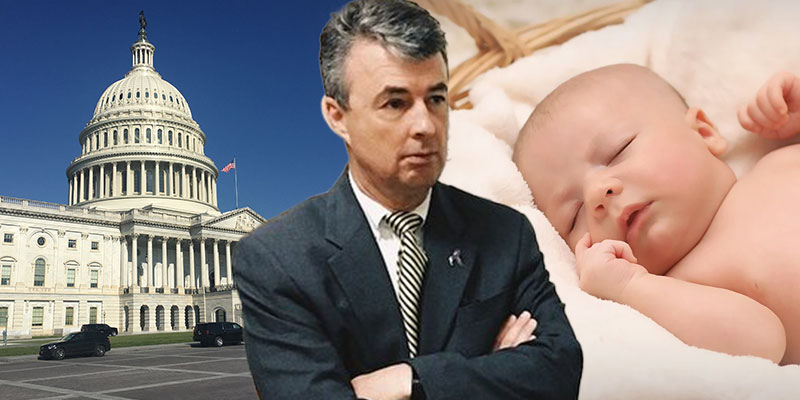Alabama Attorney General Steve Marshall has joined 19 other states in supporting South Carolina’s Fetal Heartbeat and Protection from Abortion Act.
Marshall filed a brief on Tuesday in the U.S. Court of Appeals for the Fourth Circuit.
The law was challenged by Planned Parenthood South Atlantic and and enjoined by a federal district judge shortly after it was enacted.
Under the law, abortions are generally prohibited once a fetal heartbeat is detected. The law also requires abortion providers to give the mother an opportunity have an ultrasound and view the sonogram, hear the fetal heartbeat and receive other information about her unborn child.
“South Carolina’s fetal heartbeat law was struck down in an error-filled district court opinion,” Marshall said in a statement from his office. “Although Planned Parenthood and the other plaintiffs challenged only the law’s regulation of abortion after a fetal heartbeat is detected, the district court enjoined the law in its entirety—including portions of the law that dozens of other states already have and regularly enforce.”
“For instance, at least 24 states require an abortion provider to offer to display the image from an ultrasound so the pregnant mother can view it. Yet the district court enjoined South Carolina’s ultrasound disclosure law,” he added. “Same for South Carolina’s requirement that abortion providers make the fetal heartbeat audible for the pregnant mother if she would like to hear it—a law that at least 16 other states have also enacted. And same for South Carolina’s requirement that an ultrasound be performed before an abortion is conducted—a requirement shared by at least 12 other states.”
This is the second time in less than a month that Marshall has taken a stance on national abortion policies.
In June, Marshall led a coalition of state attorneys general in calling on Congress to reinstate its ban on taxpayer-funded abortions.
Marshall’s request came in response to President Joe Biden’s exclusion of the ban from his proposed federal budget, a move which would amount to a dramatic shift in federal policy.
In a letter to congressional leaders, Marshall said it was “unconscionable” to force taxpayers who object to abortions to pay for them.
After filing his brief today, Marshall asserted that state sovereignty had been disregarded in the lower court’s decision to enjoin the law.
“The district court tread on South Carolina’s sovereign ability to decide for itself the purposes of its legislation, completely ignoring the General Assembly’s clear intent, written in the text of the law, that if any part of the law were held unconstitutional then the remainder would not be invalidated,” Marshall said.
Tim Howe is an owner of Yellowhammer Multimedia













